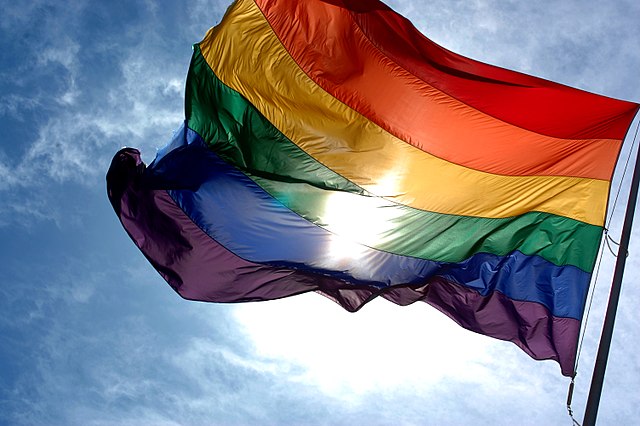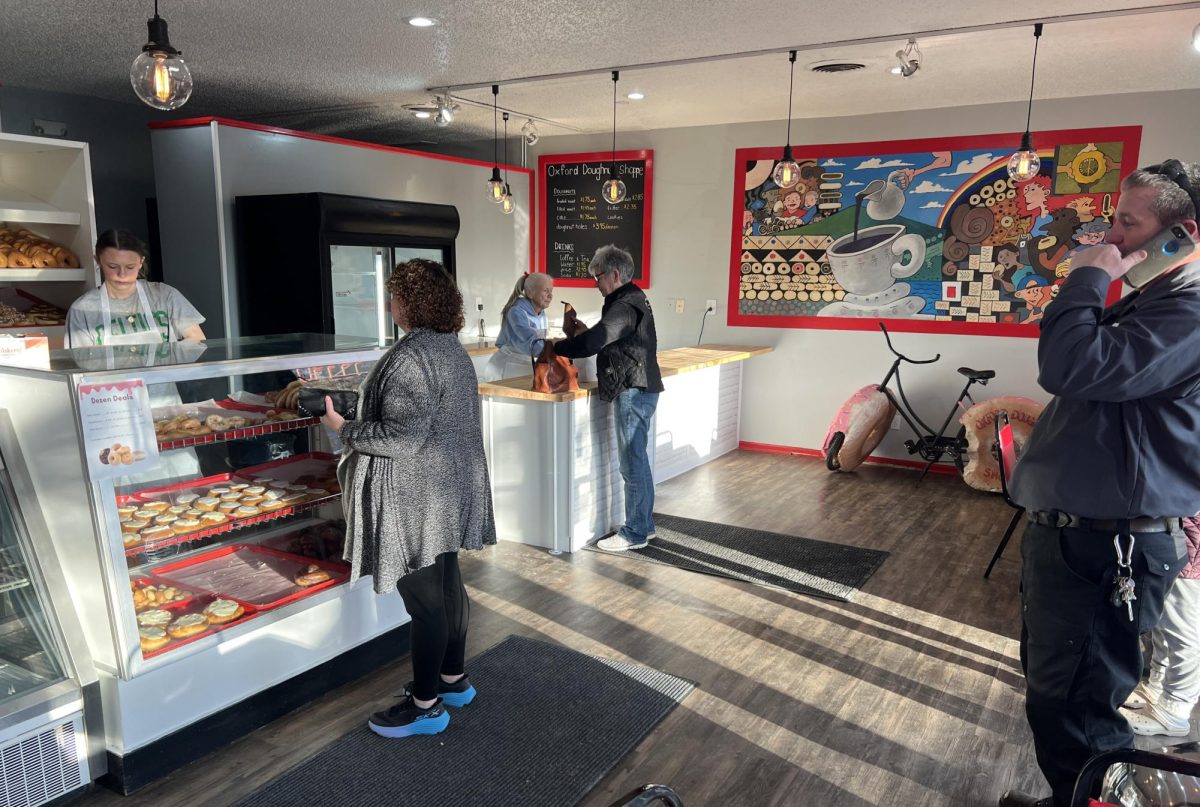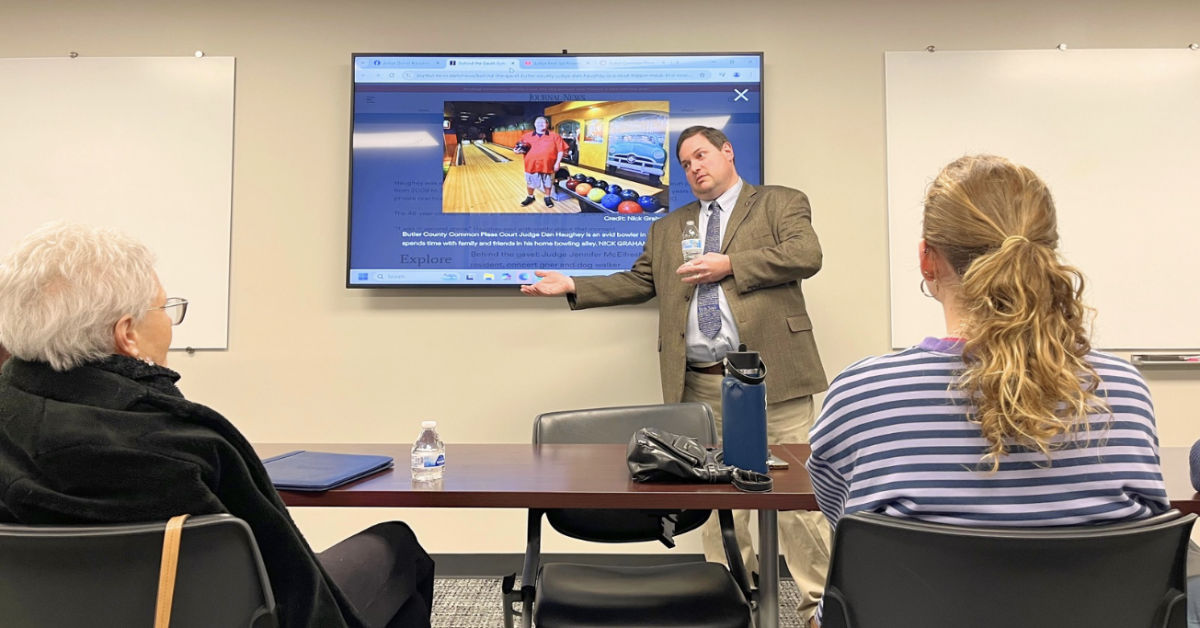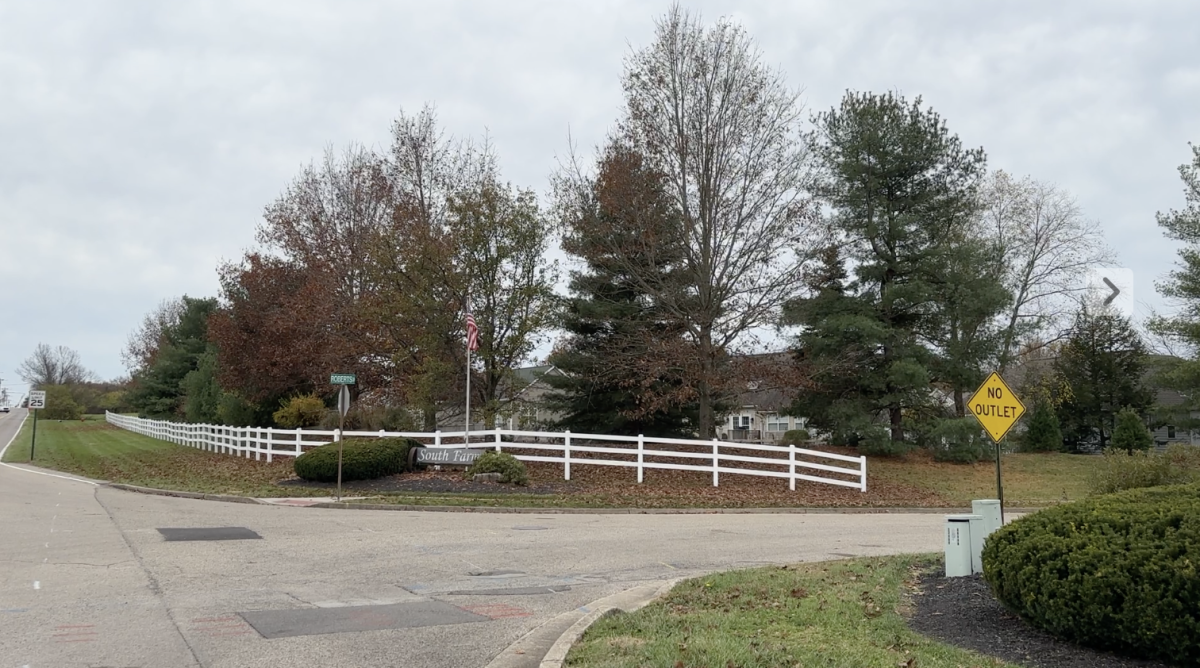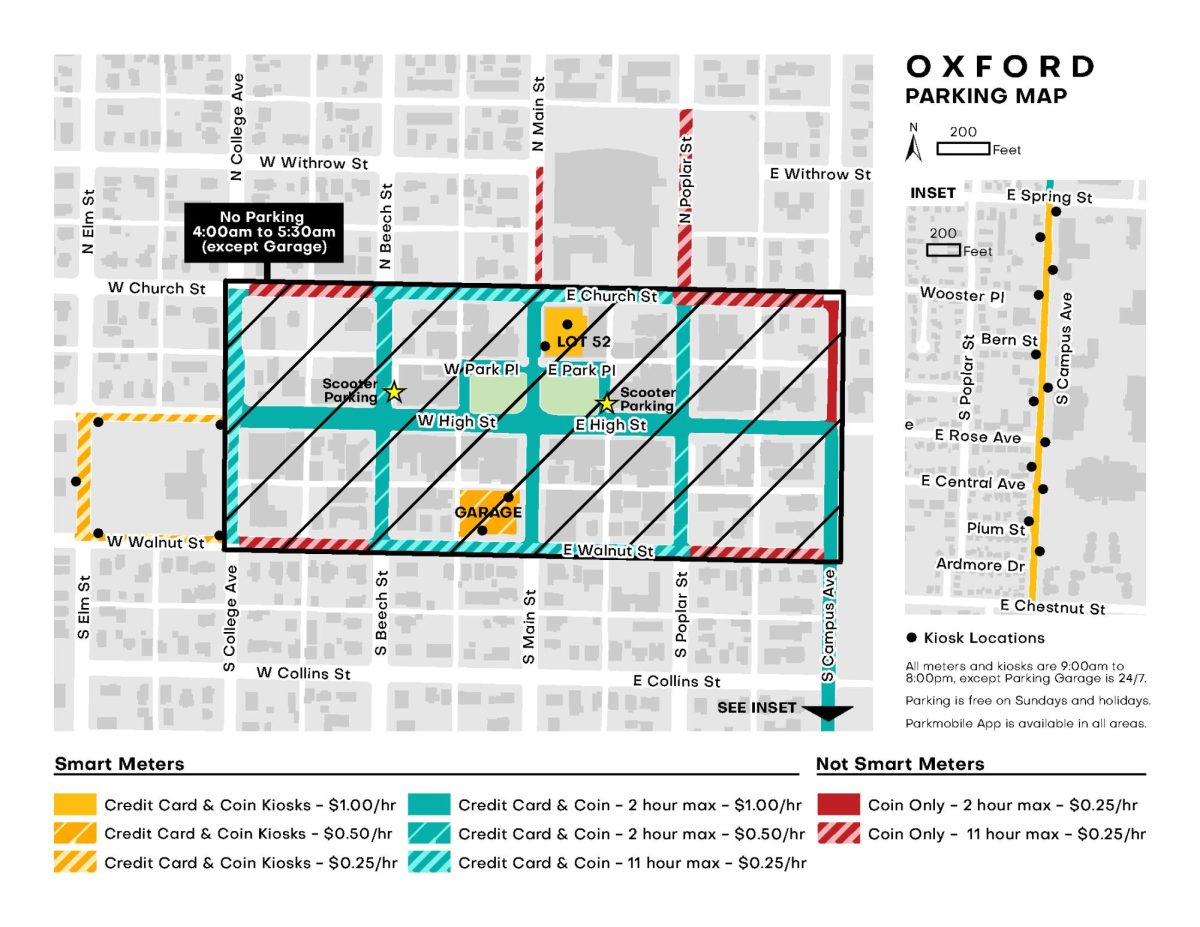Fifty years ago next month, police raided a gay bar called the Stonewall Inn in New York City. While not the first protest over gay rights, the ensuing protest and riot made it one of the most famous.
At the time, many New York bars catering to the LGBT community—a time when that acronym wasn’t even widely used—were owned by organized crime, and many, including Stonewall, did not have liquor licenses. New York law at the time prohibited cross-dressing, dancing, hand-holding, kissing and other displays of public affection between members of the same sex.
The mobster owners were interested in money, rather than social equality. Places such as Stonewall provided an accepting space for everyone in the gay community who was willing to pay for their drinks and not complain much. The bar provided a protected environment, with bribes to keep the police away. But at 1 a.m. June 28, 1969, the police moved in anyway, aiming at what was then a generally voiceless group of people.
But rather than cooperating with the raid, many of the attendees fought back.
One year later, there was a march in memory of the event, a symbol of the community moving toward the future and in recognition of the strength and defiance from that day. A movement called Pride started, commemorating the event and celebrating the Lesbian, Gay, Bisexual, Transgender and Queer (LGBTQ) community. Since then, Pride has grown around the world.
“The idea was to commemorate that expression and frustration and to address how those problems were still present,” said Jeffrey Reid, a local queer theorist, Pride attendee and participant for the past 10-plus years. Reid grew up in the Hamilton/Oxford area and studies the Pride and queer movement across the country.
Stonewall led to Change as far Away as Oxford
The Stonewall riot led to a significant social change, not only in New York, but around the world, including Oxford, Ohio.
Yet Reid said that being gay in a small community like Oxford is even more challenging than being of a different sexual orientation or identity in a larger city.
“Big cities have all kinds of people, making it a place that is easier to find those within your community,” he said. “But in smaller towns like Oxford, whether that be 50 years ago or even in the past few years, it is more difficult to be gay and be accepted. Pride was the first major global movement that sent the message of acceptance everywhere. Now, even small cities and towns have some kind of Pride event.”
Until the late 90s and early 2000s, it was common for individuals to lose their jobs due to their sexual orientation. In the state of Ohio, discrimination based on sexual orientation was not prohibited within state employment until an executive order from Governor John Kasich on January 21, 2011.
However, there are still no statewide protections in Ohio for sexual orientation and gender identity outside of state employment. Professors and staff at Miami University cannot be fired due to their sexual preferences, as Miami is a public university, but according to the university’s Human Resource Center, employees and students could have faced penalties for their sexual orientation as late as the mid 2000s.
Although gay marriage was not legalized in the United States until 2015, Pride has been an annual event across the country since the Stonewall Riots. The event started in New York 50 years ago and has popped up in almost every major city since. Pride is also an event that has grown around the globe with more than 40 countries participating each year.
The Stonewall Riots and Pride events encouraged acceptance of homosexuality and those with differing identities and sexual orientations.
“When you’re gay, you’re constantly assumed as straight and you have to just deal with it,” Reid said. “There are not that many contexts in the world where you can operate out of a sense of presumed gayness. It is relaxing to walk down the street in a context where nobody is just going to assume you’re straight. Pride feels like people who don’t know me are seeing me as something that is more true to me than what usually happens.”
In 2016, President Obama designated the Stonewall Inn and the park across the street from it as a national monument, further illustrating the major social changes that grew out of this event.
Blake Kissel is the Miami University Vice President of Spectrum. Spectrum is a student led organization for those of all sexual orientations and gender identities. The organization is devoted to raising awareness and creating community through education and activism.
Pride Brings Together Many Elements
Kissel appreciates how Pride helps broaden the small scope of the movement in Oxford to Cincinnati and beyond, bringing together all kinds of people for the purpose of celebrating love and acceptance.
“My favorite Pride memory is when the greater Oxford community comes together for the annual Pride parade and has a fun time,” Kissel said. “Sometimes it’s easy to forget how much support there is for the LGBTQ community outside of your bubble of friends and acquaintances.”
Both Miami’s Oxford and Hamilton campuses have Pride organizations. These groups meet every week to plan events, participate in service activities and more. Oliver Holstein, the President of Miami Hamilton Pride, says Pride gave him fellow role models who acknowledged him and supported him in his identities.
“I like being around everyone,” Holstein said. “They make my day better. I know that’s sappy, but it’s true.”
The entire Pride movement is moving throughout the world, with more heterosexual people joining in and showing support at the parades and events, triggering social change.
“Pride is becoming straighter and that’s a good thing,” Reid said. “From the mid ’90s to now, many more allies have gotten involved. Before this, many straight people were afraid to come to Pride in fear of what their friends or neighbors may think. But since then, there are many more straight groups and people who want to march in the parade.”
Pride becoming straighter is symbolic of the riots and shows the change in the perception of the LGBTQ community and how they are becoming more accepted over time.
Olivia Prosser, a Miami senior, attended her first Pride celebration in Chicago last summer and became an active member of Spectrum on campus.
“I never really knew much about the event,” Prosser said. “But after attending the parade and seeing the sheer happiness on so many faces and the impact this event had on so many lives, I wanted to be more involved. I wanted to be a part of it on campus.”
However, there is still progress to be made. According to the 2017 Workplace Equality Fact Sheet, 52.8 percent of LGBTQ employees report that discrimination negatively affected their work environment and one in four LGBTQ employees report experiencing employment discrimination in the last five years.
“Homosexuality is becoming more accepted and open to the world, but that doesn’t mean that the discrimination has completely disappeared,” Kissel said. “Most people cannot lose their jobs because of their sexual orientation as easily anymore, but that doesn’t mean that every single person is in full support of the movement. With the Pride movement and the LGBTQ community being normalized and with more allies getting involved comes more acceptance.”


